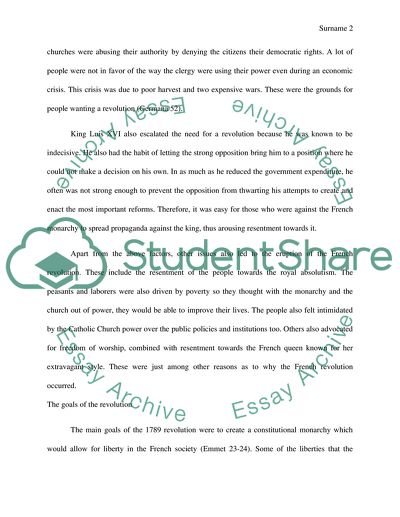Cite this document
(“The French Revolution Essay Example | Topics and Well Written Essays - 1000 words”, n.d.)
Retrieved from https://studentshare.org/history/1630584-see-the-pdf-file
Retrieved from https://studentshare.org/history/1630584-see-the-pdf-file
(The French Revolution Essay Example | Topics and Well Written Essays - 1000 Words)
https://studentshare.org/history/1630584-see-the-pdf-file.
https://studentshare.org/history/1630584-see-the-pdf-file.
“The French Revolution Essay Example | Topics and Well Written Essays - 1000 Words”, n.d. https://studentshare.org/history/1630584-see-the-pdf-file.


